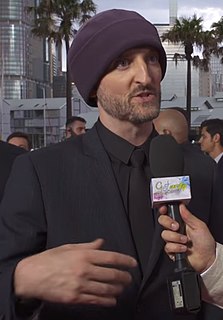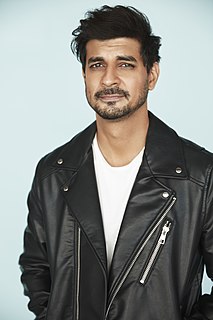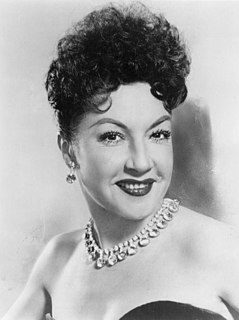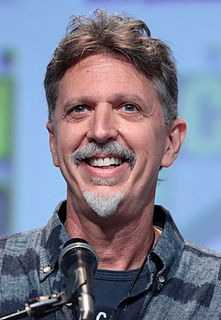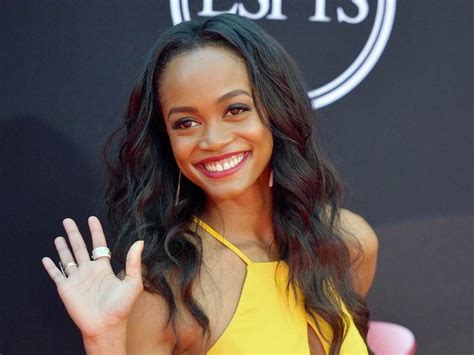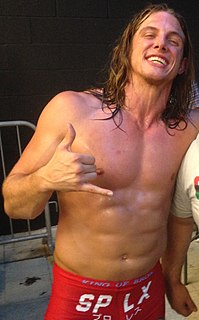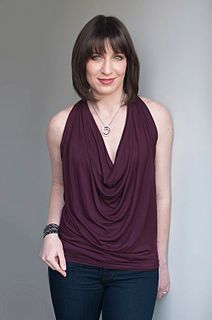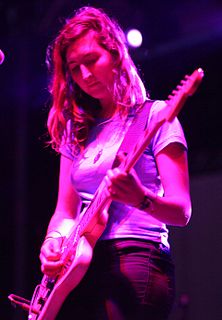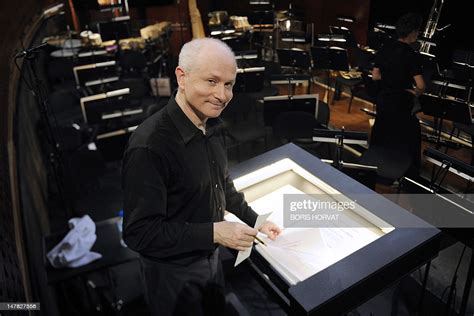A Quote by Michael Gracey
There's something really special when you take an audience and instead of just being passive and watching, you invite them to participate.
Related Quotes
As a filmmaker, I believe in trying to make movies that invite the audience to be part of the film; in other words, there are some films where I'm just a spectator and am simply observing from the front seat. What I try to do is draw the audience into the film and have them participate in what's happening onscreen.
If I'm really honest, I'm not a huge fan of scary films. I remember being a teenager, and people getting out like Halloween [1978] or Saw [2004], and watching them, and I'd kind of just stare at the television logo and blur my eyes and pretend I was watching but I wasn't because I just found that I would take the movie home with me. I can scare myself like a pro.
When you're watching a Bond movie, if there's a violent death, there's something about cleverly chosen twists, or what props are used, or some way that he's doing something that feels like an ironic twist, that feels like it gives the audience permission to enjoy watching it and to enjoy watching something that's otherwise just brutality.
I'm actually glad I didn't watch 'The Bachelor' or 'The Bachelorette' prior to being on them. I think if I'd watched them before being a contestant, I would've over-analyzed it or tried to be something else - tried to fit into that world. Because I was so green, I was just me, and I think it was really refreshing to the people watching it.
Music is all about seduction, so it's an ongoing flirtation, but watching anyone do what they are talented at is totally intoxicating. Take even the ugliest guy and have them do something they are really passionate about - they are instantly attractive. Unfortunately watching someone write is a little lackluster. Maybe if they had a really sexy keyboard face.
